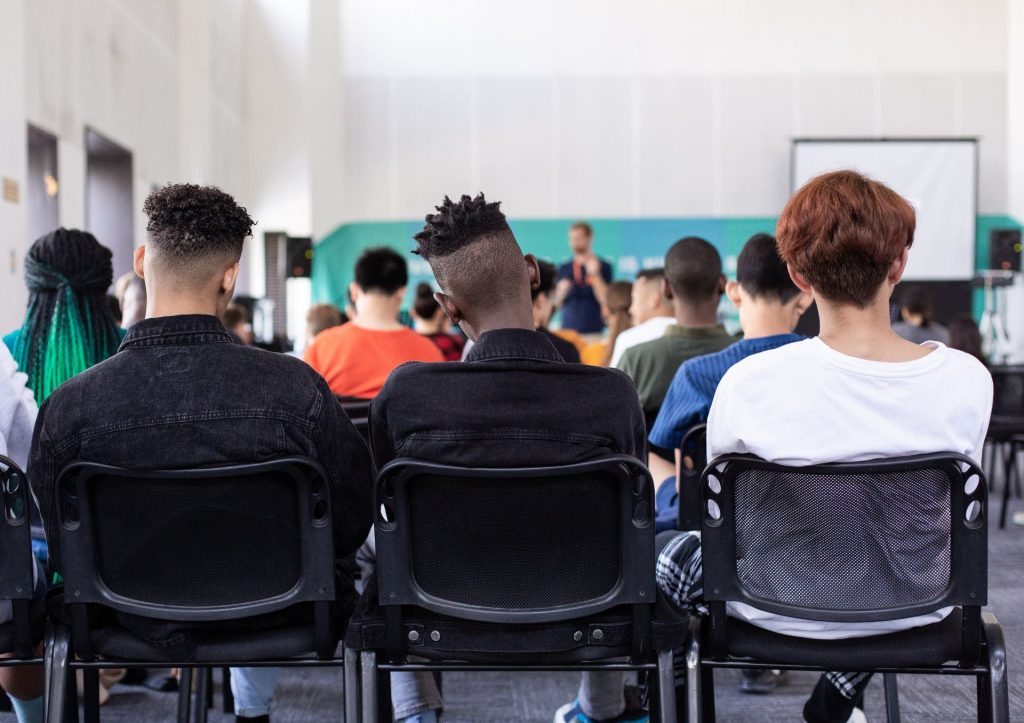White lies are not all bad and can help young people keep relationships functioning, according to a University of Brighton senior lecturer in forensic psychology.
Dr Hannah Cassidy said ‘prosocial’ lies are helpful and “act as a social lubricant”, often protecting people’s feelings. For instance, lying when we say we like a gift from a friend, when we don’t. Such lies demonstrate ability to be empathetic and compassionate.
 Dr Cassidy, an expert in the field of child deception and from the School of Applied Social Science, told the Times Educational Supplement (TES): “Lying begins [when] children understand that they can create a false belief in someone else’s mind.” Children first try out comically inept lies, before they slowly become more successful at lying convincingly.
Dr Cassidy, an expert in the field of child deception and from the School of Applied Social Science, told the Times Educational Supplement (TES): “Lying begins [when] children understand that they can create a false belief in someone else’s mind.” Children first try out comically inept lies, before they slowly become more successful at lying convincingly.
The TES article asks whether the subject should be taught in the classroom, but Dr Cassidy has her doubts: “The impact of instructing children to lie on their cognitive and social development is an under-researched area and so the jury is still out whether explicit teaching would be beneficial to their future social relationships.”
Find out more about Dr Cassidy.
